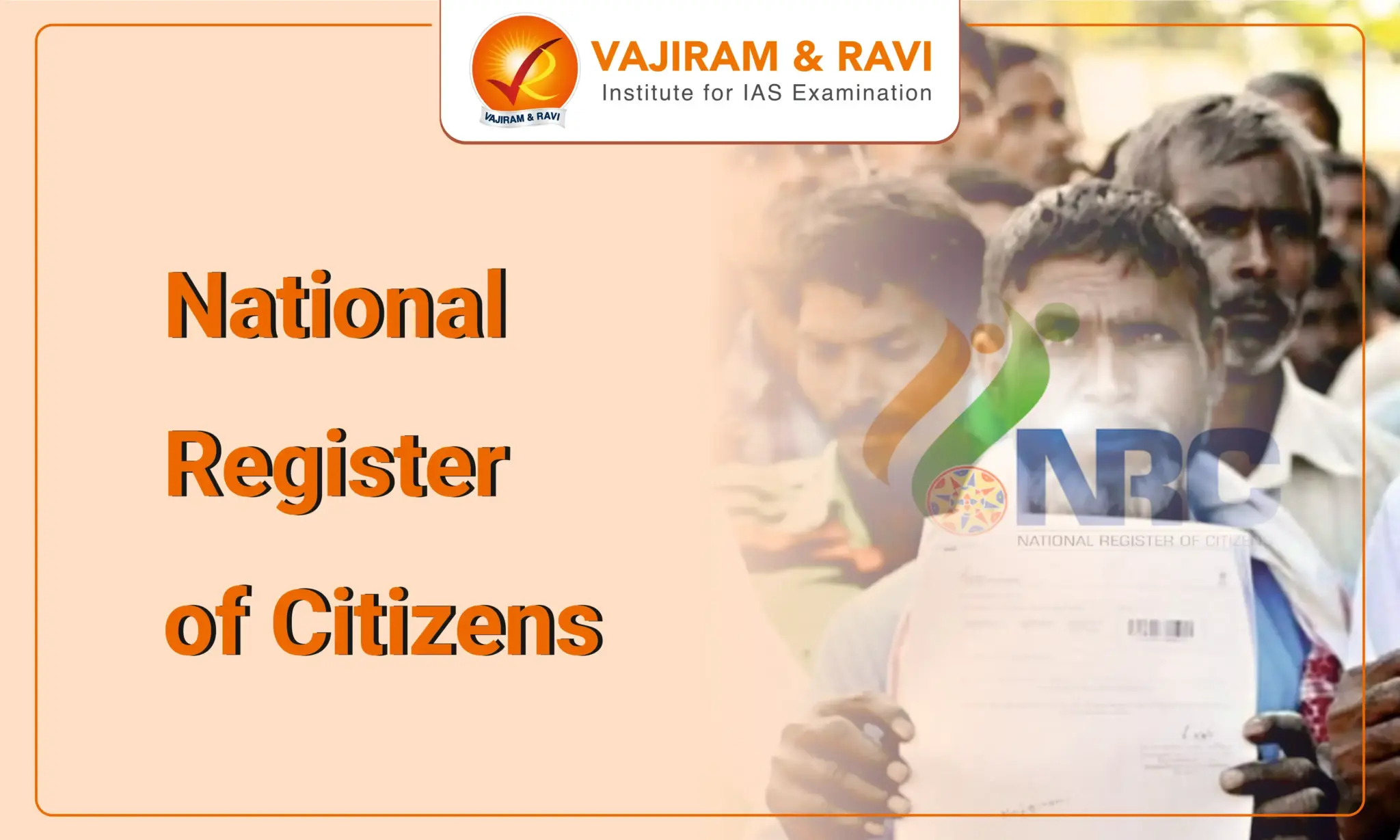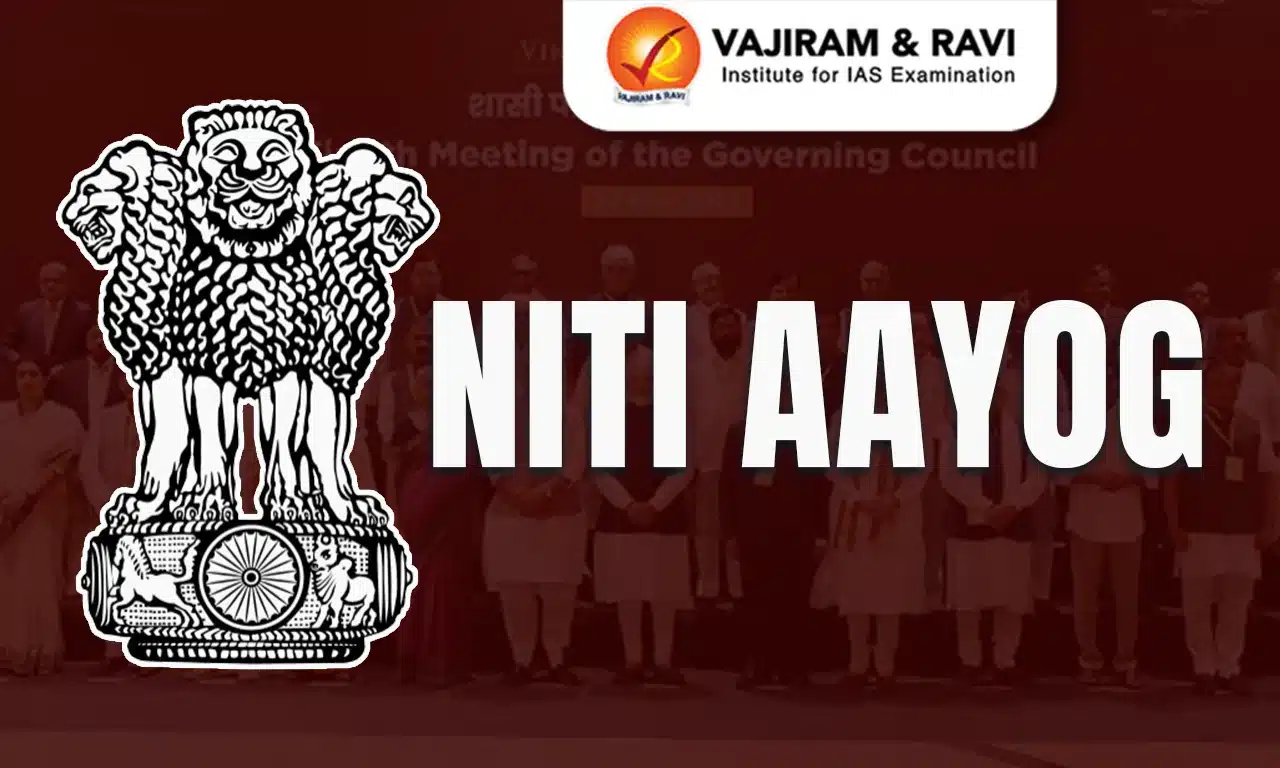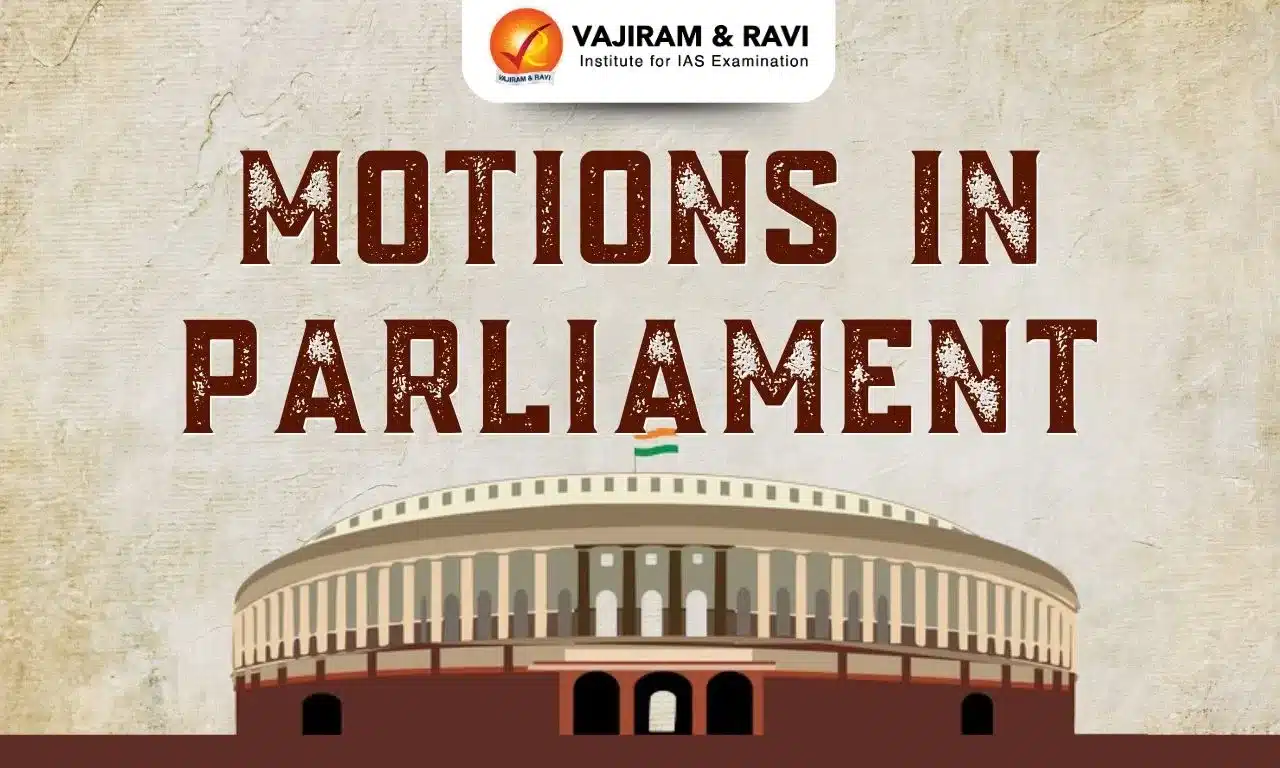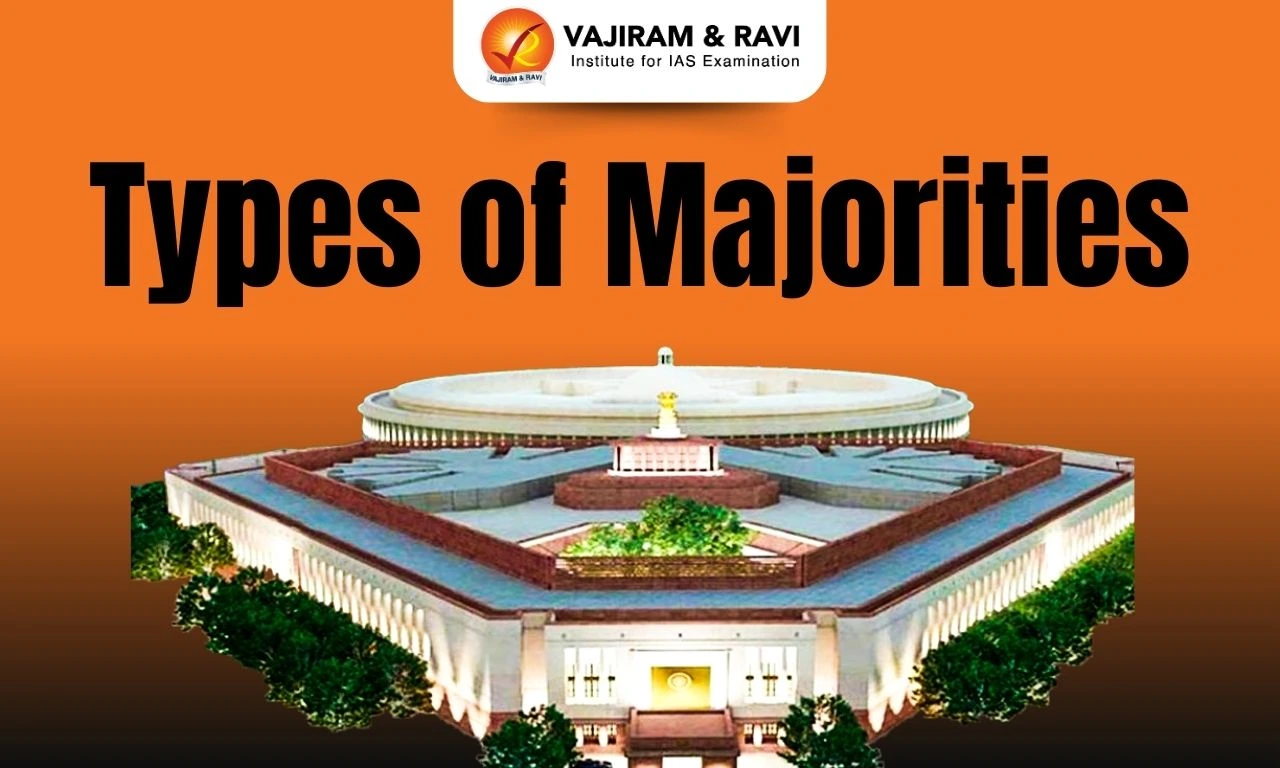The National Register of Citizens (NRC) is a record containing the names of genuine Indian citizens residing in the country. It is an effort by the Indian government to identify and deport illegal immigrants as mandated by the Citizenship Act of 1955, Foreigners Act of 1946 and Passport (Entry into India) Act, 1920. The only time a nation-wide NRC was created was in 1951 after the Census of 1951. At present, only Assam has such a National Register of Citizens, mandated and monitored by the Supreme Court in 2014.
The nodal agency for the NRC is the Registrar General and Census Commissioner. Since the NRC was implemented in Assam, there has been a growing demand for its nationwide implementation.
Need for NRC
The need for the NRC in India has been a subject of significant debate and contention due to concerns about illegal migration and citizenship verification.
- Identify illegal immigrants: The NRC aims to identify and document all legal citizens, which would help to identify and deport illegal immigrants.
- The Ministry of Home Affairs' affidavit cites a report stating that over 4.5 lakh people migrated from East Pakistan to India without travel documents between 1964 and 1965.
- Protect national security: Illegal immigration can pose a threat to national security. The NRC could help to identify and remove potential security threats.
- For example, outbreaks of violence in Manipur and Assam mainly have been witnessed due to the influx of illegal immigrants.
- Ensure social justice: By ensuring that only legal citizens are eligible for government benefits and opportunities, the NRC could help to create a more equitable society.
- Legal mandate: The Foreigners Act, of 1946, empowers the government to expel foreigners without valid documentation. This indicates the legal responsibility to detect and expel illegal immigrants.
- Addressing concerns of indigenous populations: In some states like Assam, there are concerns that illegal immigration is leading to the displacement of indigenous communities.
- The NRC is seen as a way to address these concerns and protect the rights of indigenous people.
- Fake vote bank: The influx of illegal immigrants into India, particularly in states like Assam, West Bengal, and Uttar Pradesh, is a major source of concern.
- Many of these illegal immigrants live under false identities, and many are said to be core vote banks for a few political parties.
NRC in Assam
The NRC in Assam has its roots in the complex history of large-scale migration to the state from Bangladesh (formerly East Pakistan) occurred after the independence, causing tensions and concerns about Assam's demographic and cultural identity.
- Aim: It aims to identify genuine citizens residing in Assam as of March 24, 1971, and to address immigration concerns.
- Background:.
- Undocumented migration: Over the years, Assam witnessed undocumented migration, estimated at around six million out of its 26 million population, causing socio-political complexities.
- Assam agitation and AASU: In 1978, the All Assam Students Union (AASU) started a movement demanding the detection and deportation of illegal immigrants, leading to the historic Assam Agitation.
- Assam Accord (1985): The Assam Accord was signed between Prime Minister Rajiv Gandhi and Assam Movement leaders, promising to identify illegal immigrants who arrived after March 24, 1971.
- The NRC updating in Assam was carried out under the Citizenship Act of 1955 and the Assam Accord of 1985 to identify illegal Bangladeshi migration.
- ULFA: Formed in 1979,the United Liberation Front of Assam (ULFA) emerged, initially targeting Bangladeshi immigrants but later changing its stance when its members sought refuge in Bangladesh.
- NRC process: The NRC process began in 2013 on the order of the Supreme Court and will be completed on August 31, 2019.
- The NRC was updated to include the names of those persons (or their descendants) who appear;
- in the NRC, 1951,
- or in any of the Electoral Rolls up to the midnight of 24th March 1971
- or in any one of the other admissible documents issued up to midnight of 24th March 1971, which would prove their presence in Assam or any part of India on or before 24th March 1971.
- On August 31, 2019, the updated final NRC was released, with over 1.9 million applicants failing to make the list.
- Residents who are not on the list can file an appeal with the Foreigners Tribunals, as well as the High Court and Supreme Court.
- The NRC was updated to include the names of those persons (or their descendants) who appear;
What happens to the people excluded from NRC?
Over 19 lakh people have been excluded from the final list of the National Register of Citizens (NRC) in Assam and face a series of legal and social challenges:
- Filing appeals: Individuals left out of the final NRC list have the option to file appeals before the foreigner’s tribunal. They are granted 120 days to file appeals, with the state offering legal aid to support their cases.
- Only Foreigners Tribunals have the authority to declare a person a foreigner under the provisions of the Foreigners Act of 1946 and the Foreigners (Tribunals) Order of 1964.
- Proving citizenship: Those excluded must prove that their ancestors were citizens of India on or before March 24, 1971. They can provide documentation and evidence to support their claims. Appeals can be made to the High Court and Supreme Court if the tribunal decision is unfavourable.
- No immediate detention: The people excluded from the final NRC won't face immediate detention until the foreigners' tribunals make their decisions. Additionally, India lacks a formal repatriation treaty with Bangladesh, hindering the deportation process.
Challenges Associated with NRC
Implementing the NRC in India is riddled with multifaceted challenges, with protests in different parts of the country over the implementation of NRC.
- Exclusion of genuine citizens: Numerous genuine citizens were excluded due to the Assam NRC due to document-related discrepancies or lack of proper paperwork.
- A petition was filed in the Supreme Court in 2021, requesting re-verification of the 2019 list, citing inclusion, exclusion, and other errors, which is still pending.
- Potential for discrimination: Critics of the NRC argue that it is discriminatory and can be used to target specific groups, particularly religious minorities.
- For example, the NRC process in Assam disproportionately excluded 2 million people from citizenship, of which a major portion was Muslims.
- Cost and delays: The NRC process demands significant resources in terms of technology, manpower, and administrative infrastructure for verification, compilation, and maintenance of records.
- The NRC in Assam alone took nearly a decade, required the participation of over 50,000 government employees, and cost more than Rs. 1,200 crore.
- Lack of proper documentation: The possibility of corruption and fraud in the data collection and verification process cannot be ignored
- The requirement for specific documents has been difficult for many, for example, marginalised communities like the Tea tribes and Bengali Hindus, leading to potential exclusion during Assam NRC.
- Marginalised section: Many people from the marginalised and poor section do not have legal and valid documents yet, which can render them stateless.
- For example, as per UNICEF figures, only 52 percent of births are registered in India.
- No clarity over the fate of excluded people: Neither the state nor the Centre has specified what happens to those who lose their cases in the Foreigners' Tribunals, including whether they will be detained, deported, or allowed to remain in the country without the rights and privileges of citizenship.
Way Forward
Addressing the challenges requires a comprehensive and inclusive approach that prioritises accuracy, fairness, transparency, and respect for human rights.
- Addressing exclusion concerns: Establishing robust mechanisms for appeals and re-verification to rectify errors and prevent the exclusion of genuine citizens.
- Improving data collection and verification: Utilising technology and digital platforms for data collection can enhance accuracy and efficiency.
- Prioritising human rights: Designing the NRC process with respect for human rights and ensuring compliance with international legal obligations.
- Transparent processes: Ensure transparency in the NRC procedures, allowing public scrutiny and access to information regarding the verification process.
- Judicial oversight: Involvement of the judiciary to oversee the process, ensuring adherence to constitutional principles, protecting individuals' rights, and rectifying any procedural discrepancies.
Last updated on March, 2026
→ UPSC Notification 2026 is now out on the official website at upsconline.nic.in.
→ UPSC IFoS Notification 2026 is now out on the official website at upsconline.nic.in.
→ UPSC Calendar 2026 has been released.
→ UPSC Final Result 2025 is expected to be released soon.
→ Check out the latest UPSC Syllabus 2026 here.
→ Join Vajiram & Ravi’s Interview Guidance Programme for expert help to crack your final UPSC stage.
→ UPSC Mains Result 2025 is now out.
→ UPSC Prelims 2026 will be conducted on 24th May, 2026 & UPSC Mains 2026 will be conducted on 21st August 2026.
→ The UPSC Selection Process is of 3 stages-Prelims, Mains and Interview.
→ Prepare effectively with Vajiram & Ravi’s UPSC Prelims Test Series 2026 featuring full-length mock tests, detailed solutions, and performance analysis.
→ Enroll in Vajiram & Ravi’s UPSC Mains Test Series 2026 for structured answer writing practice, expert evaluation, and exam-oriented feedback.
→ Join Vajiram & Ravi’s Best UPSC Mentorship Program for personalized guidance, strategy planning, and one-to-one support from experienced mentors.
→ Check UPSC Marksheet 2024 Here.
→ UPSC Toppers List 2024 is released now. Shakti Dubey is UPSC AIR 1 2024 Topper.
→ Also check Best UPSC Coaching in India
National Register of Citizens FAQs
Q1. What is the National Register of Citizens (NRC) in India?+
Q2. Which state in India has NRC?+
Q3. What is the Assam Accord of 1985?+
Q4. Who is eligible for NRC in Assam?+
Q5. What is the difference between NRC and NPR?+














